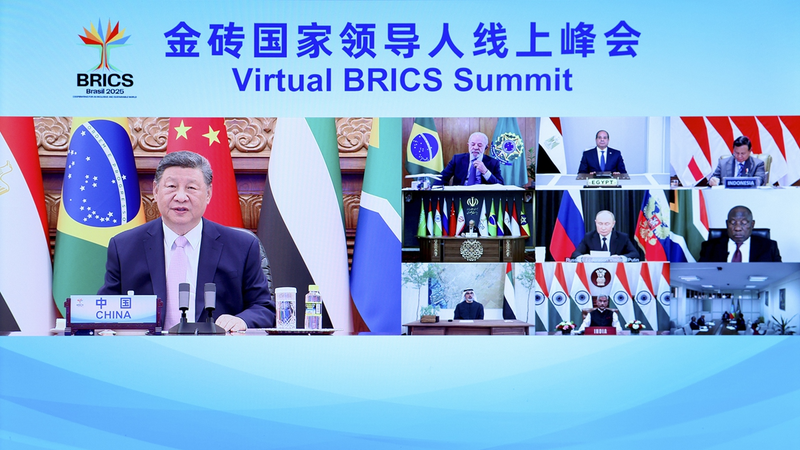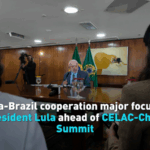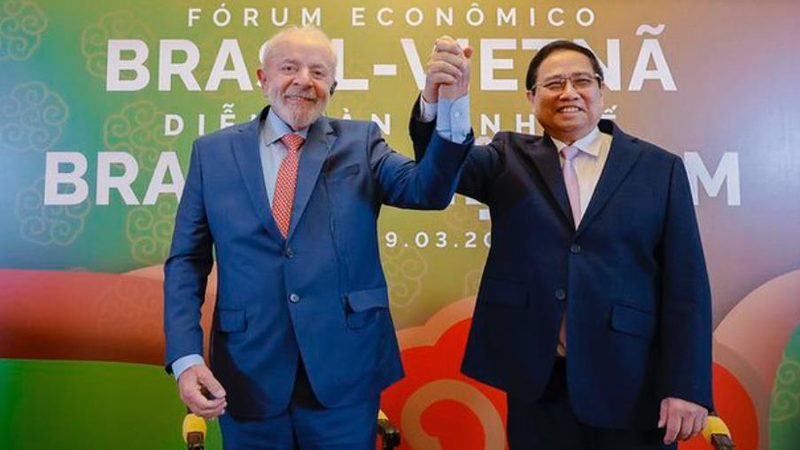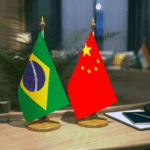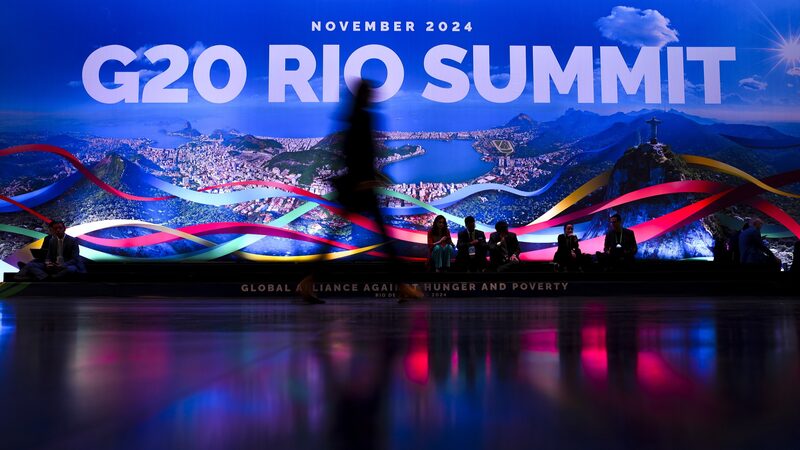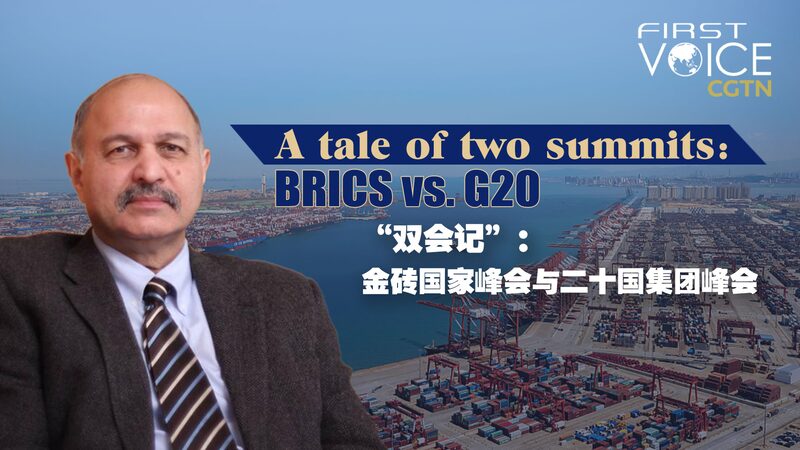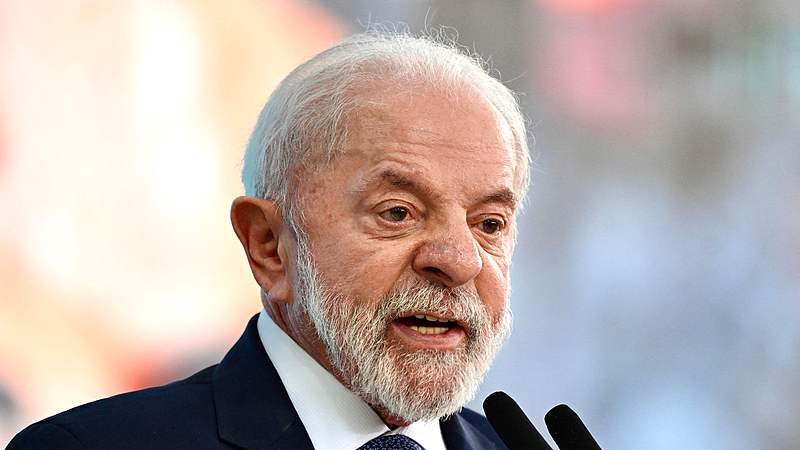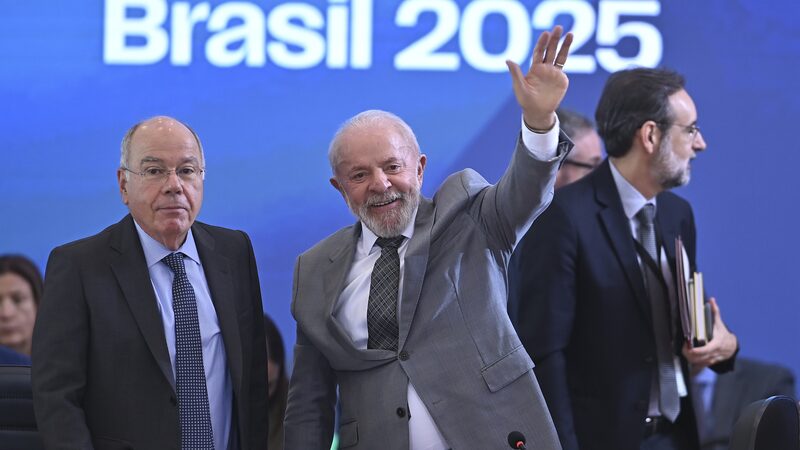In a landmark virtual summit hosted by Brazil, BRICS nations delivered a resounding call for fairness in global trade, rejecting unilateral economic coercion and advocating for a multipolar world order. The meeting, chaired by Brazilian President Luiz Inácio Lula da Silva, saw leaders from Brazil, Russia, India, China, and South Africa align against protectionist policies threatening global stability.
A Stand Against Economic Coercion
Amid rising geopolitical tensions and weaponization of trade rules, the bloc condemned practices including technology blockades and unilateral sanctions. Chinese President Xi Jinping emphasized BRICS' collective economic weight, stating: "We aim to co-create rules and innovations with developed nations, not remain at the industrial chain's lower end."
Redefining Global Partnerships
The summit highlighted progress on China's Global Governance Initiative, proposed during September's SCO meeting. This framework seeks to complement existing systems while addressing modern challenges through inclusive cooperation. With BRICS economies representing 30% of global GDP, their coordinated approach offers developing nations new pathways for technological advancement and market integration.
Blueprint for Multipolar Governance
Leaders positioned BRICS as a counterbalance to exclusionary alliances, demonstrating how diverse economies can collaborate through mutual respect. The bloc's deepening trade and tech partnerships provide tangible alternatives to zero-sum competition, particularly benefiting Global South nations seeking greater sovereignty in development policies.
Reference(s):
cgtn.com
